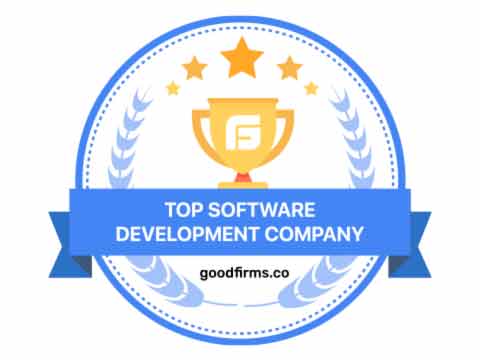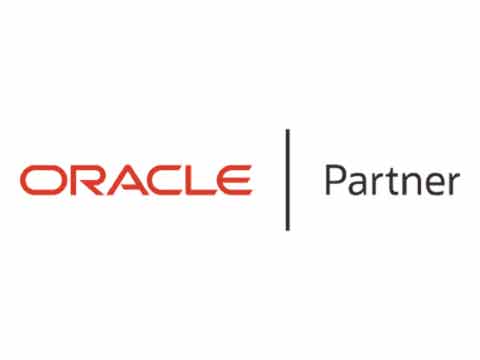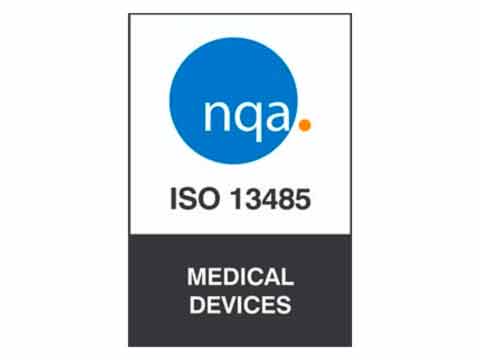Integrating custom healthcare software and data analytics has become a transformative force in the ever-evolving healthcare landscape, where precision and efficiency are paramount, and the amount and variety of data increases yearly. Solving the data analytics challenge through custom healthcare software development emerges as a strategic solution, creating tailored applications that reshape how medical professionals access information and deliver patient care.
In this blog, we will delve into the interconnectedness of custom healthcare software and data analytics, and explore why is data analytics important in healthcare.
What is Custom Software Development?
Custom healthcare software development is a strategic approach to solving specific challenges by crafting personalized software solutions, whether web applications or mobile platforms. These applications cater to both healthcare professionals and individuals seeking medical services. Custom healthcare software is meticulously designed to align with an organization’s unique requirements, facilitating streamlined workflows and efficient processes.
Data Analytics in Healthcare
Data analytics involves interpreting quantitative data to unveil qualitative insights, address questions, and discern trends. This multifaceted approach to analyzing data can be conducted manually or with advanced software and algorithms. The visualization of data through the creation of graphs and charts is instrumental not only in designing presentations but also in illuminating trends that might otherwise remain concealed.
In data analytics, there exist four fundamental types of analysis, each serving distinct purposes:
- Descriptive Analysis: This type focuses on examining and describing transpired events. In healthcare, it can be employed to gauge the contagiousness of a virus by scrutinizing the rate of positive tests within a specific population over a designated period.
- Diagnostic Analysis: To understand the cause of an event, diagnostic analysis in healthcare plays a crucial role in diagnosing patients with specific illnesses or injuries based on the symptoms they manifest.
- Predictive Analysis: As the name suggests, predictive analysis explores historical data, past trends, and assumptions to answer critical questions about the future. In healthcare, this can be exemplified by forecasting the spread of seasonal diseases by examining case data from preceding years.
- Prescriptive Analysis: Identifying specific actions for individuals or organizations to attain future outcomes or goals characterizes prescriptive analysis. In healthcare, this analytical type is employed to assess a patient’s pre-existing conditions, determine their risk for developing future conditions, and devise tailored preventative treatment plans based on that risk.
The integration of all four types of data analysis in healthcare showcases the comprehensive nature of this approach. By harnessing the power of descriptive, diagnostic, predictive, and prescriptive analytics, healthcare professionals gain a multifaceted toolkit to address many challenges and optimize patient care. This comprehensive analytical framework enables healthcare organizations to navigate the intricate landscape of medical data, providing valuable insights that drive informed decision-making and enhance overall healthcare outcomes.
4 Benefits of Data Analytics in Healthcare
- Enhancing Practitioner Performance through Data-driven Insights
The utilization of data analytics extends beyond clinical diagnoses and treatments. An invaluable application lies in evaluating and developing practitioners. Meticulously gathered and analyzed patient feedback unveils nuanced insights into their experiences with medical professionals, opening avenues for continuous improvement.
A striking illustration of this approach is evident in Dr. Helen Riess’s groundbreaking research on empathy in physicians. Recognizing that scientific facts sometimes overshadow a patient’s subjective experience during medical appointments, Dr. Riess conducted a study where patients rated their doctors on their perceived empathy level. Subsequently, half of the physicians underwent empathy training, while the other half did not. The post-training evaluation revealed a notable increase in empathy ratings for the trained group, showcasing the transformative power of data-driven insights in shaping medical interactions.
By delving into patient-reported data, Dr. Riess discovered a correlation between empathy training and enhanced patient safety, coupled with reduced malpractice claims. This exemplifies the tangible impact data analytics can have on the human aspect of healthcare, fostering an environment where practitioners continuously evolve to meet the emotional needs of their patients.
- Detecting Anomalies in Scans with Machine-learning Algorithms
In the pursuit of diagnostic precision, data analytics in healthcare takes a leap forward with the integration of machine-learning algorithms. When harnessed correctly, these algorithms exhibit the ability to analyze medical data at a pace and efficiency surpassing human capabilities. A noteworthy example comes from the Massachusetts Institute of Technology in 2018, where researchers developed an algorithm adept at detecting differences in 3D medical images, particularly in MRI scans.
This algorithm’s prowess lies in its capacity to learn from previously acquired data, enabling it to identify anomalies in scans over a thousand times faster than a human doctor. While the potential of machine learning is evident, Professor Dustin Tingley, in the Harvard Online course Data Science Principles, emphasizes the necessity of human thought and guidance throughout the process. Acknowledging the symbiotic relationship between algorithmic analysis and human critical thinking, particularly within the medical practitioner domain, reinforces the potential to save not only time but also lives.
- Predicting Outbreaks for Strategic Preparedness
Data analytics serves as a strategic tool in predicting trends in the spread of illnesses, allowing various institutions to prepare for potential outbreaks proactively. The Centers for Disease Control and Prevention (CDC) exemplify this approach by leveraging historical flu data to forecast the severity of future flu seasons, empowering decision-makers to make informed choices.
In predictive and prescriptive analytics, the CDC’s methodology involves collecting flu data from participating medical facilities and guiding local decision-makers on strategic actions. This methodology extends to contemporary challenges, such as the COVID-19 pandemic. Analyzing data to predict future spikes in cases facilitates resource allocation in hospitals, aids in school decision-making, and empowers individuals to make informed choices about personal safety and hygiene.
- Elevating Patient Care through Informed Decision-Making
Data analytics empowers health systems and clinicians to make decisions that transcend individual patient care, influencing broader health outcomes for populations. As highlighted in a Harvard Business School article, Catherine Cote underscores the life-altering consequences of healthcare decisions and emphasizes the role of complete, accurate data in shaping these choices.
The ability to swiftly gather and analyze comprehensive data enables decision-makers to navigate treatment choices, predict the trajectory of large-scale health events, and plan for long-term healthcare strategies. Data analytics becomes a linchpin in superior patient care by providing healthcare professionals and organizations with meaningful and accurate data. The ripple effect of such informed decision-making improves patients’ quality of life and extends their life expectancy.
What Is the Future of Data Analytics in Health Care?
The healthcare data analytics trajectory is an exciting and impactful journey. The recent challenges posed by the COVID-19 pandemic have underscored its indispensable role. As many sought healthcare globally, data analytics gracefully stepped into the limelight, orchestrating crisis management and elevating patient treatment. The unceasing demand for top-tier healthcare ensures that data analytics will forever bask in the spotlight, giving rise to burgeoning opportunities, especially in roles such as healthcare data analysts. The Journal of AHIMA paints a vivid picture of the growing significance of these roles, emphasizing the dynamic landscape awaiting those venturing into the world of healthcare data analytics.
Here at Estenda Solutions, we specialize in creating custom software solutions for healthcare, including robust data analytics. As an ISO 13485-certified healthcare software development and consulting company, we’ve been driving the evolution of Digital Health since 2003.
Ready to innovate with us? Reach out today at (484) 362-1200 — serving Wayne and beyond. No obligations, just endless possibilities!
REFERENCES:
Riess, H., Kelley, J. M., Bailey, R. W., Dunn, E. J., & Phillips, M. (2012). Empathy training for Resident Physicians: A randomized controlled trial of a Neuroscience-Informed curriculum. Journal of General Internal Medicine, 27(10), 1280–1286. https://doi.org/10.1007/s11606-012-2063-z
Faster analysis of medical images. (2018, June 18). MIT News | Massachusetts Institute of Technology. https://news.mit.edu/2018/faster-analysis-of-medical-images-0618
Data Science Principles | Harvard Online Course. (2024, January 17). Harvard Online. https://www.harvardonline.harvard.edu/course/data-science-principles?_ga=2.87399451.223825883.1702034221-1421115564.1702034221
Account, S. (2022, April 7). Have you considered a career in the field of healthcare data and analytics? Journal of AHIMA. https://journal.ahima.org/page/have-you-considered-a-career-in-the-field-of-healthcare-data-and-analytics










